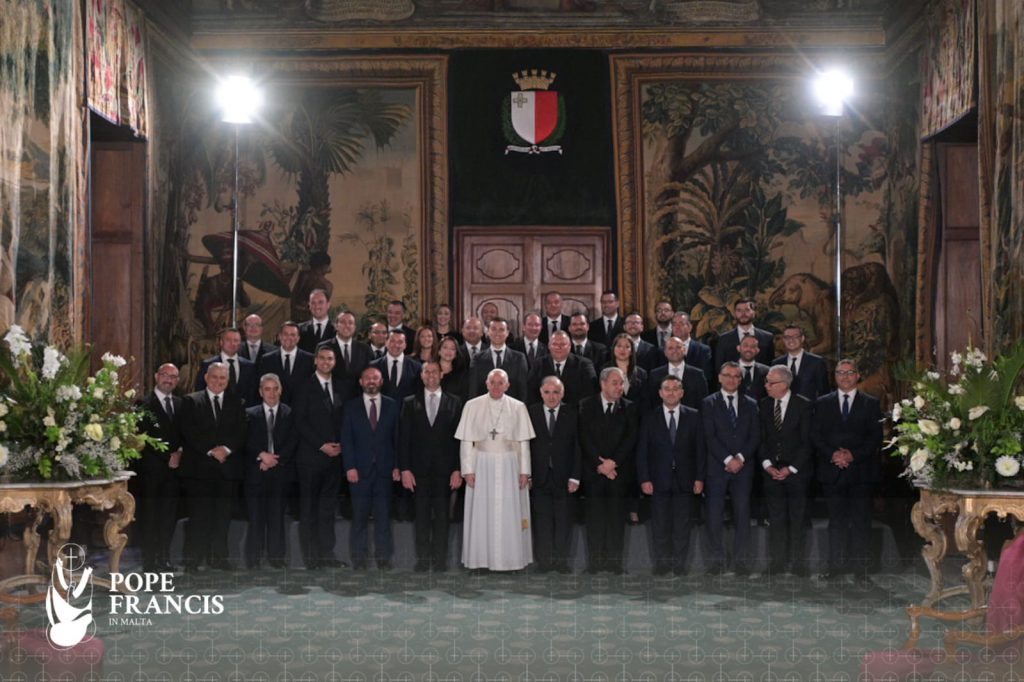Reflections on the Pope’s visit

The true legacy of Pope Francis’ visit will not be measured by the cheering crowds, the large public events held and the strong media coverage. Ultimately, history will judge our politicians, our establishment and the people on whether they embraced the Pope’s call to adhere by overriding universal values such as social justice, honesty, respect for human dignity and the fight against greed.
However, during the Pope’s two-day visit it was quite surprising how one of the most controversial issues – the debate on abortion and euthanasia – did not feature that much. It is also significant that no direct reference was made to this debate. The only time when the Pope touched on this issue was in his address to the Maltese authorities.
“I encourage you to continue to defend life from its beginning to its natural end, but also to protect it at every moment from being cast aside and deprived of care and concern.”
Though we subscribe to such appeal, we would have expected a rallying call especially to Malta’s legislators in the wake of the mounting pressure, aided by the mainstream media, for the legalisation of abortion and euthanasia. Abortion and euthanasia are not only red lines for the Church but for all those who believe that life starts from conception to natural death. This mellowed approach on such delicate issue contrasts with the strong words delivered on racism, migration, corruption, the environment and Russia’s aggression against Ukraine.
Unlike the divorce debate which was mostly based on religious and moral beliefs the one about abortion and euthanasia is on a completely different level. It is a very serious threat being faced by humanity regardless of race, religion and cultural beliefs. Ultimately, if we really believe in a caring society, everyone should feel compelled to take the side of the most vulnerable. It is quire ironic how a few seconds could make difference between life and death. What sense does it make to treat the unborn differently by legalising their brutal killing just because they are still in the mother’s womb, only to take a completely difference stance for the newborn? As the Pope said in his homily on The Granaries it is not up to us to deliver judgments, nor so condemn women who committed abortion.
“Those who believe they are upholding the faith by pointing their finger at others may have a certain “religiosity”, but they have not embraced the spirit of the Gospel, for they disregard mercy, which is the heart of God.”
Os humans our duty is to support these women to deter them making such choices. If we truly believe in social justice we must be ready to take the side of the most vulnerable in the face of adversity. We must also be prepared to speak out and make our voices heard.
